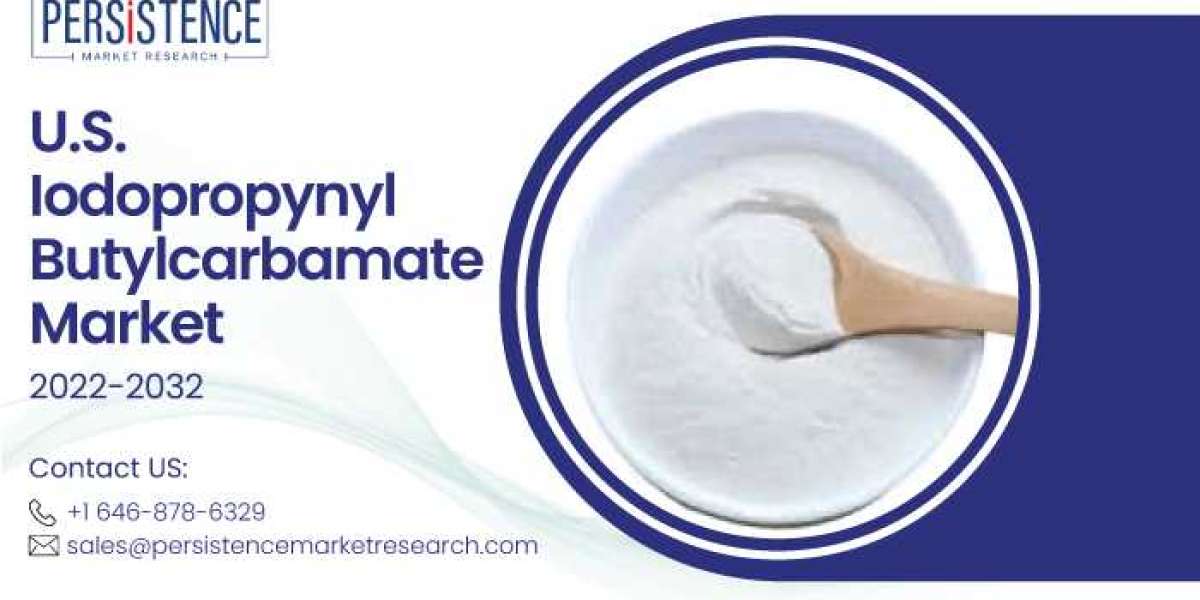When it comes to skincare, understanding the safety and potential effects of the ingredients in your products is crucial. One ingredient that has raised questions among consumers is Iodopropynyl Butylcarbamate (IPBC), a preservative commonly found in a variety of cosmetics, personal care products, and even household items.
What is Iodopropynyl Butylcarbamate (IPBC)?
Iodopropynyl Butylcarbamate (IPBC) is a preservative that helps protect water-based products from contamination by bacteria, mold, and fungi. It was introduced in the 1990s and has since become a popular ingredient in cosmetics, skincare, and other personal care items due to its effectiveness at low concentrations.
You’ll often find IPBC in products like:
- Lotions and creams
- Shampoos and conditioners
- Makeup, including foundations and eyeliners
- Sunscreens
- Household products like cleaners and air fresheners
Why is IPBC Used in Skincare Products?
The primary reason IPBC is used in skincare and cosmetics is to prevent microbial contamination. Products containing water are prone to bacterial and fungal growth, which can lead to spoilage and pose potential health risks for consumers. IPBC acts as a preservative to extend the shelf life of these products and ensure they remain safe to use.
In most formulations, IPBC is used in very low concentrations—usually less than 0.1% in leave-on products (like creams) and up to 0.5% in rinse-off products (like shampoos). These low levels make it an effective yet minimally invasive ingredient.
Read More: https://www.persistencemarketresearch.com/market-research/us-iodopropynyl-butylcarbamate-market.asp
Is Iodopropynyl Butylcarbamate Safe for Skin?
Yes, IPBC is generally considered safe for most people when used in accordance with regulatory guidelines. Both the U.S. Food and Drug Administration (FDA) and the European Union have approved IPBC for use in cosmetics and personal care products, provided it is used in low concentrations.
However, as with any skincare ingredient, the effects of IPBC can vary depending on individual skin types and sensitivities. While it is safe for the majority of users, there are a few key considerations:
1. Potential for Skin Irritation
Some individuals, particularly those with sensitive skin or a history of skin allergies, may experience irritation from products containing IPBC. Symptoms of irritation can include redness, itching, or a burning sensation. These reactions are generally rare but may occur when the skin barrier is compromised or if the product is applied to sensitive areas.
The risk of irritation is more likely when IPBC is used in leave-on products, like lotions or makeup, where it remains in contact with the skin for extended periods. Rinse-off products, like shampoos and conditioners, typically have a lower risk since the preservative is washed away after use.
2. Risk of Allergic Reactions
In some cases, IPBC can cause contact dermatitis, an allergic skin reaction that results in red, itchy rashes. While allergic reactions to IPBC are uncommon, they can occur, particularly in individuals who are allergic to preservatives or have other skin sensitivities. If you’ve experienced allergic reactions to skincare products in the past, it’s a good idea to perform a patch test before using a new product containing IPBC.
3. Concerns for Sensitive Skin
Those with pre-existing skin conditions like eczema or rosacea may be more prone to irritation from preservatives like IPBC. If you have sensitive or reactive skin, it’s worth consulting with a dermatologist to determine whether products containing IPBC are suitable for your skin type.
Should You Avoid IPBC in Your Skincare Routine?
For most people, there is no need to avoid products containing IPBC, as it is a widely recognized and approved preservative. However, if you have sensitive skin or have experienced reactions to preservatives in the past, it’s essential to pay attention to how your skin responds to products containing IPBC.
Here are a few tips to ensure IPBC is safe for your skincare routine:
Perform a patch test: Before using any new product, especially those containing preservatives like IPBC, apply a small amount to a discreet area of your skin (such as your inner arm) and monitor for any signs of irritation over 24–48 hours.
Use rinse-off products first: If you’re concerned about irritation, start with products like shampoos or cleansers that are rinsed off the skin quickly. These are less likely to cause sensitivity compared to leave-on products.
Monitor your skin: If you notice any signs of irritation, such as redness, itching, or burning, discontinue use of the product and consult with a dermatologist.
Alternatives to IPBC
If you prefer to avoid IPBC or are concerned about potential sensitivities, there are alternative preservatives available in many "clean" or "natural" beauty products. Some common alternatives include:
- Phenoxyethanol: A popular preservative that is often used as a safer alternative to harsher chemicals.
- Sodium Benzoate: Typically used in organic or natural skincare products, this preservative has a lower risk of irritation.
- Potassium Sorbate: Another gentler preservative option used in natural beauty products.
While these alternatives may be appealing to individuals with sensitive skin, it’s important to note that all preservatives—even "natural" ones—can cause irritation in some individuals. Testing new products on a small patch of skin is always the best approach.
Conclusion: Is Iodopropynyl Butylcarbamate Bad for Skin?
For the vast majority of people, Iodopropynyl Butylcarbamate is not bad for the skin. It is a highly effective preservative that keeps water-based products safe from harmful bacteria and fungi. Regulatory bodies such as the FDA and the European Union have approved its use in cosmetics and personal care products, provided it is used in low concentrations.
However, individuals with sensitive skin or a history of allergies should approach products containing IPBC with caution, as it can cause irritation or allergic reactions in rare cases. If you have sensitive skin, performing a patch test and monitoring how your skin reacts to new products can help ensure your skincare routine is both safe and effective.
By staying informed about the ingredients in your products, you can confidently choose formulations that work best for your skin type and keep your skin healthy and glowing.








